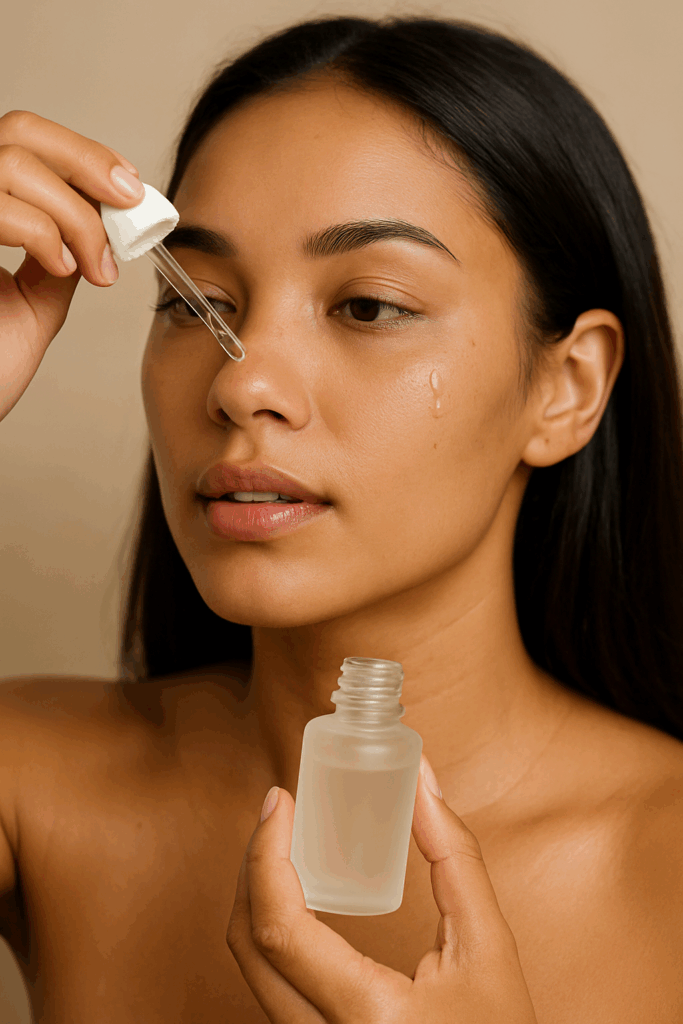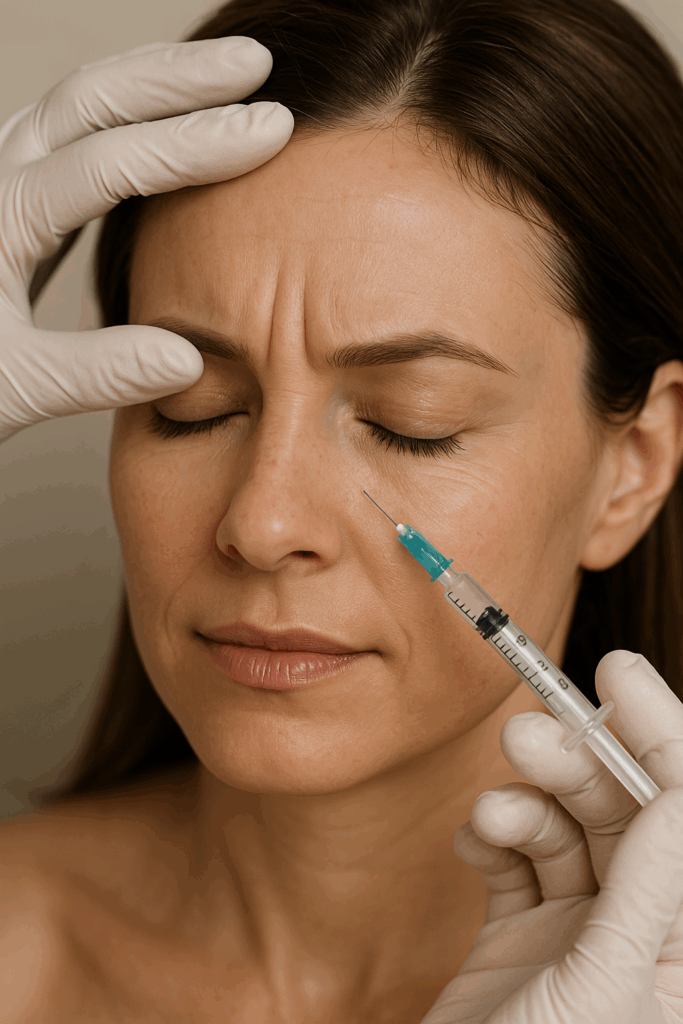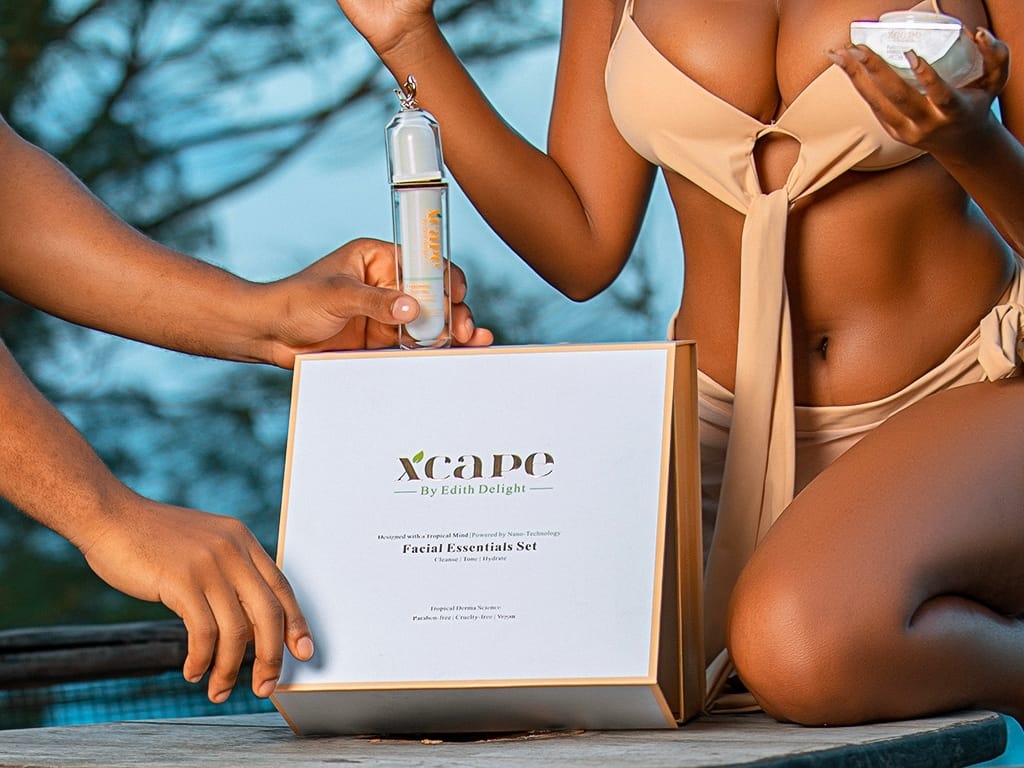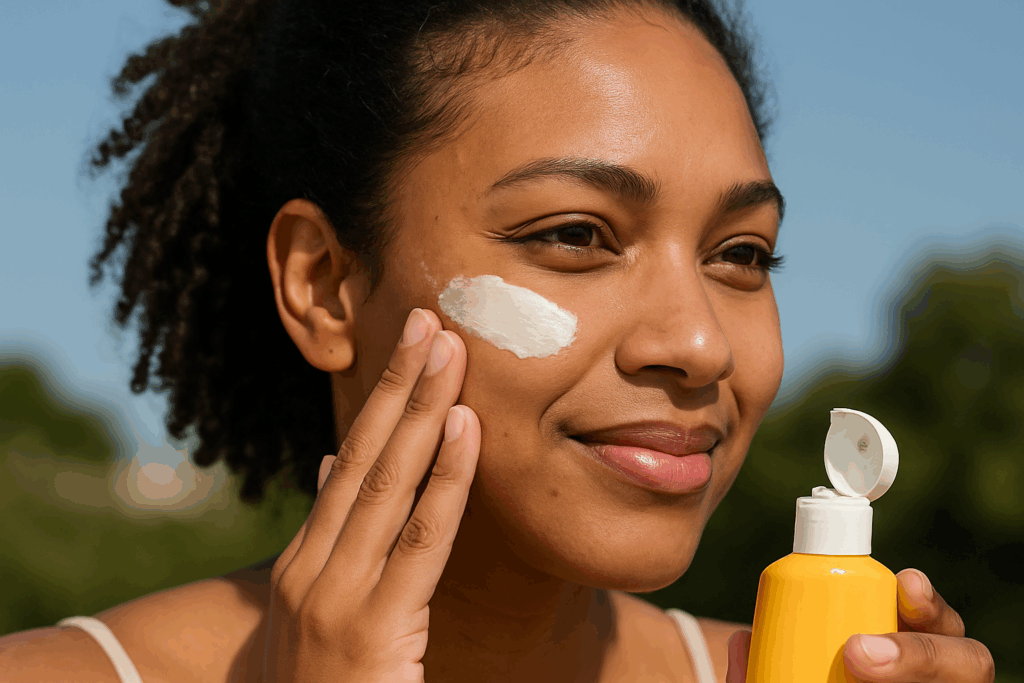Struggling with signs of aging like dullness, fine lines, or dryness, but are you unsure if trendy ingredients are worth the hype? If you have heard the terms anti-aging or biohacking, there are a lot of trendy ingredients that are marketed and discussed as the next fountain of youth. And one of those molecules that is gaining popularity is spermidine. Spermidine is a molecule with a surprising name that is making waves in skincare for its potential to rejuvenate skin from the inside out. This guide breaks down everything you need to know about spermidine skincare, without the marketing hype or too much sciency jargon.
What Is Spermidine?
Spermidine is a naturally occurring compound found in your body and in foods like wheat germ and soybeans. It belongs to a group of molecules called polyamines, which help your cells grow, stay healthy, and repair themselves. Like all of the other processes in our body, as we age, levels of spermidine in our bodies drop. Just when our skin could use the most support. That’s where spermidine skincare comes in: scientists are now exploring how supplementing your naturally produced spermidine with topical and oral supplements may help your skin stay youthful, firm, and hydrated.
How Natrually Occuring Spermidine Works: A “Cellular Coach” for Your Skin
There are a bunch of different ways to combat the signs of aging. From molecules that encourage the production of important proteins like collagen to fillers that replace lost volume, there are several approaches. And each approach has its own pros and cons. Spermidine works by acting like a coach that helps skin cells clean up damage and function better.

Here’s how:
- Activates Autophagy: Spermidine helps kickstart autophagy. Autophagy is a kind of cellular recycling system that gets rid of damaged parts in cells and keeps them running smoothly. This process slows down as we age, but spermidine reactivates it, making skin cells more efficient and youthful.
- Boosts Collagen & Elastin: Studies show spermidine increases production of collagen and elastin. Both are important proteins that keep skin firm, bouncy, and wrinkle-resistant. In lab studies, it helped aged skin cells produce collagen at levels similar to younger cells.
- Strengthens the Skin Barrier: Spermidine promotes the creation of skin lipids like ceramides, which lock in moisture and keep irritants out. This leads to smoother, more hydrated skin.
- Speeds Up Wound Healing: In animal studies, topical spermidine accelerated wound healing by boosting cell growth and reducing inflammation. Which makes it a promising ingredient for regenerating skin after treatments or damage.
- Provides Antioxidant Protection: Spermidine also neutralizes harmful free radicals, protecting skin from oxidative stress that breaks down collagen and accelerates aging.

How Does Topical and Oral Spermidine Work For Your Skin
While spermidine skincare has a ton of promise, there is not much clinical human trials that support its use and benefits. Oral supplements of spermidine are much more studied than topical formulations. However the data is very limited for both. So while it is potentially an exciting new skincare ingredient in your anti-aging arsenal I would not swap it out for any of the proven anti-aging ingredients just yet.
Is It Safe?
Spermidine is found naturally in the body and in everyday foods. So far, the small number of clinical studies show it’s well-tolerated when used in both topical formulas and dietary supplements, with no major side effects reported. Still, because it’s a newer skincare ingredient, it doesn’t yet have the decades of data that retinoids or vitamin C do. Early results are promising, but more large-scale studies are needed to fully understand long-term effects.

Should You Try Spermidine Skincare?
If you like trying out trendy new skincare ingredients then spermidine skincare could be a worth add to your routine. But if you’re looking for a science-backed and proven routine, it is okay to hold off on spermidine today.
Some products now feature topical spermidine in serums and creams, while others offer oral supplements that aim to improve skin health systemically. While results may not be overnight, they could build over weeks, supporting long-term skin renewal at the cellular level.

Final Thoughts
Spermidine has the potential to be a great tool in your anti-aging routine. However today it is more of a buzzword. The fundamental science supports its potential as a molecule with deep roots in cell biology and a growing body of skincare science behind it. However there is more research that needs to be done. As research expands, if the marketing claims can be backed up it will quickly become a standout ingredient in the next generation of anti-aging skincare.
References
Madeo, F., Eisenberg, T., Pietrocola, F., & Kroemer, G. (2018). Spermidine delays aging in humans. Aging (Albany NY), 10(4), 19–33. https://doi.org/10.18632/aging.101483
Kim, G., Lee, J. Y., Park, Y. H., & Seo, Y. J. (2021). Spermidine-induced recovery of human dermal structure and barrier function by skin microbiome. Communications Biology, 4(1), 231. https://doi.org/10.1038/s42003-021-01741-w
Ideta, T., Kawazoe, T., Kakinuma, H., Sato, M., & Saito, H. (2021). Systemic and topical administration of spermidine accelerates skin wound healing. Cell Communication and Signaling, 19(1), 58. https://doi.org/10.1186/s12964-021-00738-z
Schwarz, C., Stekovic, S., Wirth, M., Benson, G., Royer, P., Sigrist, S. J., Pieber, T. R., & Madeo, F. (2018). Safety and tolerability of spermidine supplementation in mice and older adults with subjective cognitive decline. Aging (Albany NY), 10(1), 19–33. https://doi.org/10.18632/aging.101354
Muñoz-Esparza, N. C., Santos-Espinosa, A., & Morales-González, J. A. (2019). Polyamines in food: Distribution, intake, and potential impact on health. Frontiers in Nutrition, 6, 108. https://doi.org/10.3389/fnut.2019.00108
Rinaldi, F., Gualtieri, G., Cuomo, R., Carrieri, A., & Giardino, C. (2017). A spermidine-based nutritional supplement prolongs the anagen phase of hair follicles in humans: A randomized, placebo-controlled, double-blind study. Dermatology Practical & Conceptual, 7(4), 13–20. https://doi.org/10.5826/dpc.0704a03
Harvard Health Publishing. (2025). Do retinoids really reduce wrinkles? Harvard Health Blog. https://www.health.harvard.edu/blog/do-retinoids-really-reduce-wrinkles-2025







